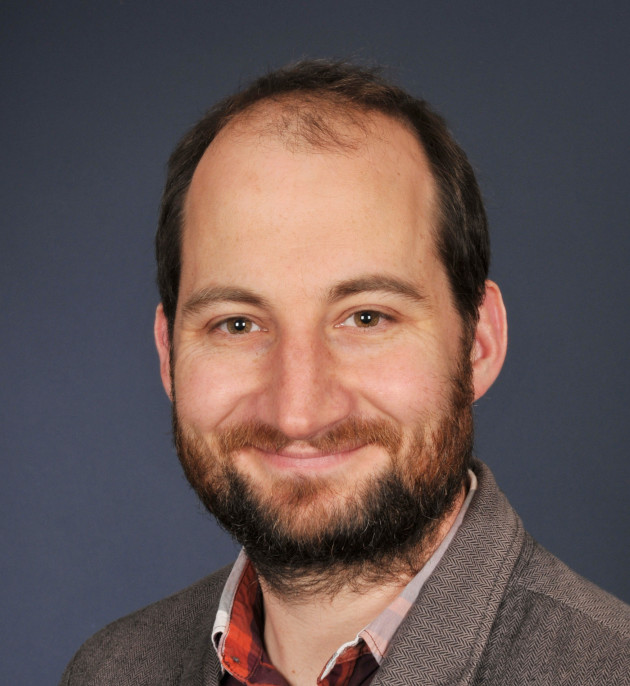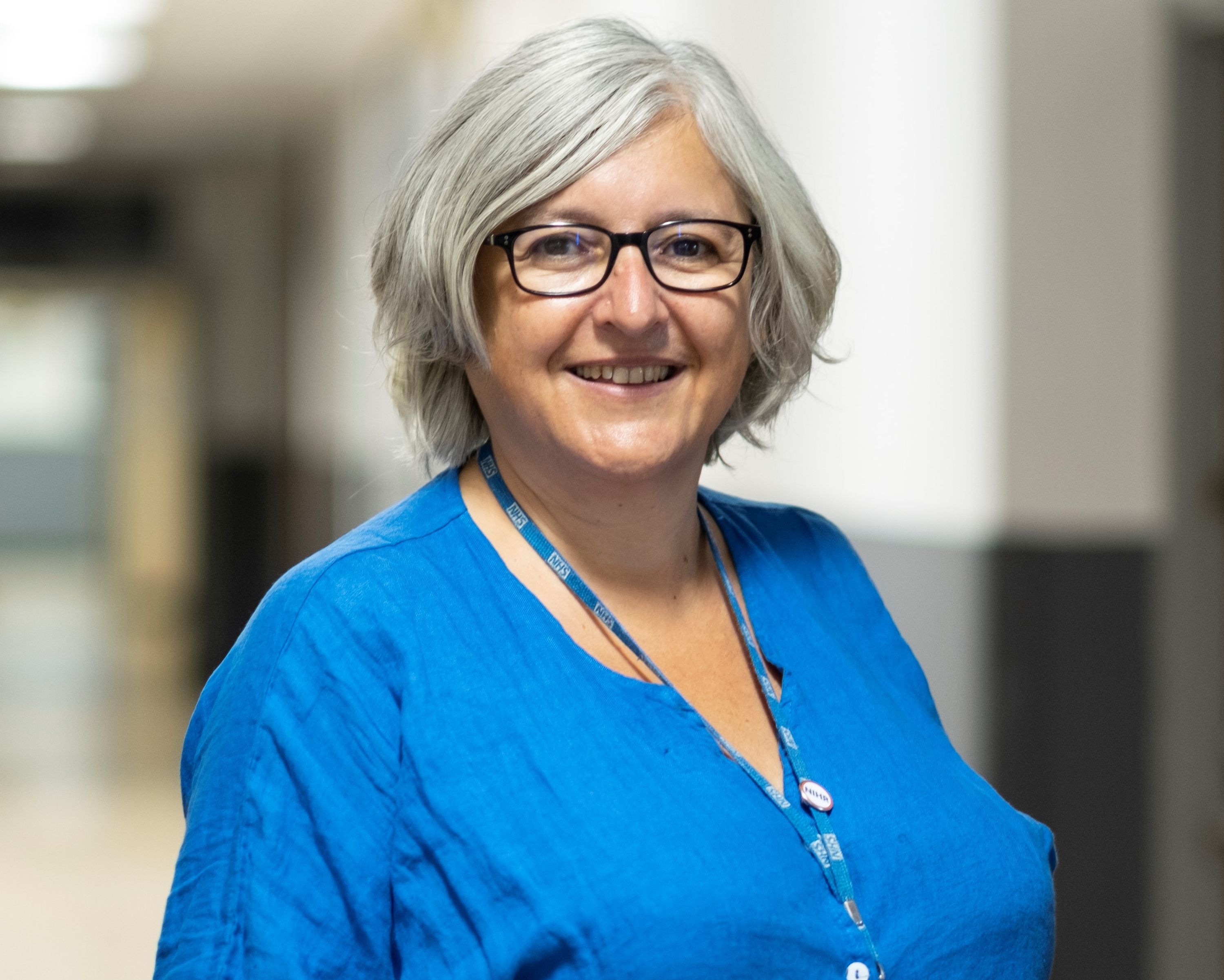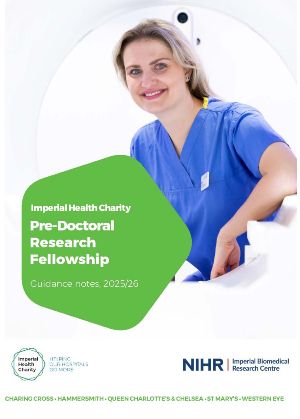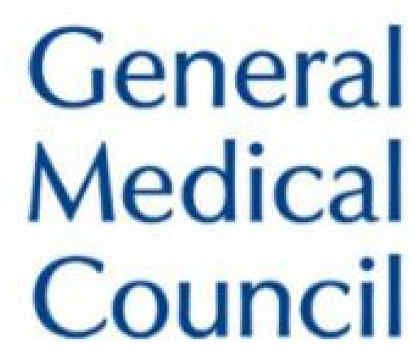 RESEARCH: THE DEVELOPMENT OF NOVEL CARDIOVASCULAR MAGNETIC RESONANCE METHODS
RESEARCH: THE DEVELOPMENT OF NOVEL CARDIOVASCULAR MAGNETIC RESONANCE METHODS
How did you get into research?
After my undergraduate degree in physics I completed the Part 1 training in Medical Physics and Engineering. I really enjoyed my MSc project that I did in real-time MRI and the small bits of research that I did as part of my placements in various departments, but not so much the quality assurance testing, routine calibration and support work. A PhD in MRI, therefore, seemed like an obvious next step and I was keen on the dynamic nature of cardiac imaging. After discussions and visits to a couple of places I ended up working for Dr Jennifer Keegan and Professor David Firmin in the physics group at the Cardiovascular Magnetic Resonance (CMR) Unit at The Royal Brompton Hospital, where I have been on and off (mostly on) since 2006.
What do you enjoy about research?
I really enjoy going to work and doing something that no one else has ever done before. Despite hundreds of years of research into the heart, we’re still finding out new things about how it works and some of these discoveries will be key to better diagnosis and treatments. I like the variety; I could be doing anything including: programming the MRI scanner; scanning patient for a research study; developing image analysis software; writing a grant, paper or conference abstract; teaching; or using a microscope at South Kensington. There is also a creative aspect involved in developing new ideas and lots of problem solving.
What was the most difficult aspect of doing your PhD?
Writing the thesis. There are ups and downs in a PhD and I think it’s normal to feel disheartened with your project at various points, but pulling three years’ work into a book like the chunky tomes on the shelf in your supervisor’s office is really daunting. My first child was born two days after my viva, which was both motivating and nerve-wracking while spending all those hours every day writing up.
What difference has your research training and experience made to your career?
During my PhD I realised that I wanted to continue in research and, after I finished, I moved to Barts to work on developing MRI techniques for imaging cleft palates in children. After around 18 months at Barts, I moved back to the Royal Brompton and have continued to work there developing new CMR methods ever since. While my undergraduate degree and MSc included research projects, I think you learn to be a researcher while doing a PhD.
How has research changed your clinical practice?
I have continued to work in research since my PhD and I’m not directly involved in clinical practice. Hopefully my research will have a really positive effect on clinical medicine in the future.
What has made a difference to progressing your research career?
I’ve been really lucky to work with really great people in the CMR Unit at the Royal Brompton and we have some fantastic collaborators in other groups at Imperial College and around the world. I have been fortunate to be supported to develop my own ideas, apply for grants and supervise students. Over the last few years, I’ve also tried to adopt a default “yes” approach to being asked if I want to be involved in things. It doesn’t always work, but I have found that taking opportunities when they are offered frequently leads to good things.
Where do you see your clinical academic career going over the next five years?
I’m funded by a BHF Programme Grant (RG/19/1/34160, Dudley Pennell PI) until June 2024 and we’re confident that this grant will allow us to make some really substantial advances in understanding the microscopic structure of the heart and its function in health and disease. On top of this, I’m hoping to build on the small grants I have to fund my own projects, with more PhD students and my first post-docs.
Dr Andrew Scott, Senior Physicist, Royal Brompton & Harefield Hospitals a.scott@rbht.nhs.uk
To download Andrew's case study please click here: Andrew Scott: Case study (PDF)
Useful links
Contact us
The CATO Team and Radiographers Incubator work on a Hybrid model, combining days in the office with days working from home – the best way to reach us is by email.
cato@imperial.ac.uk
radresearch@imperial.ac.uk
+44 (0)20 3313 7397



